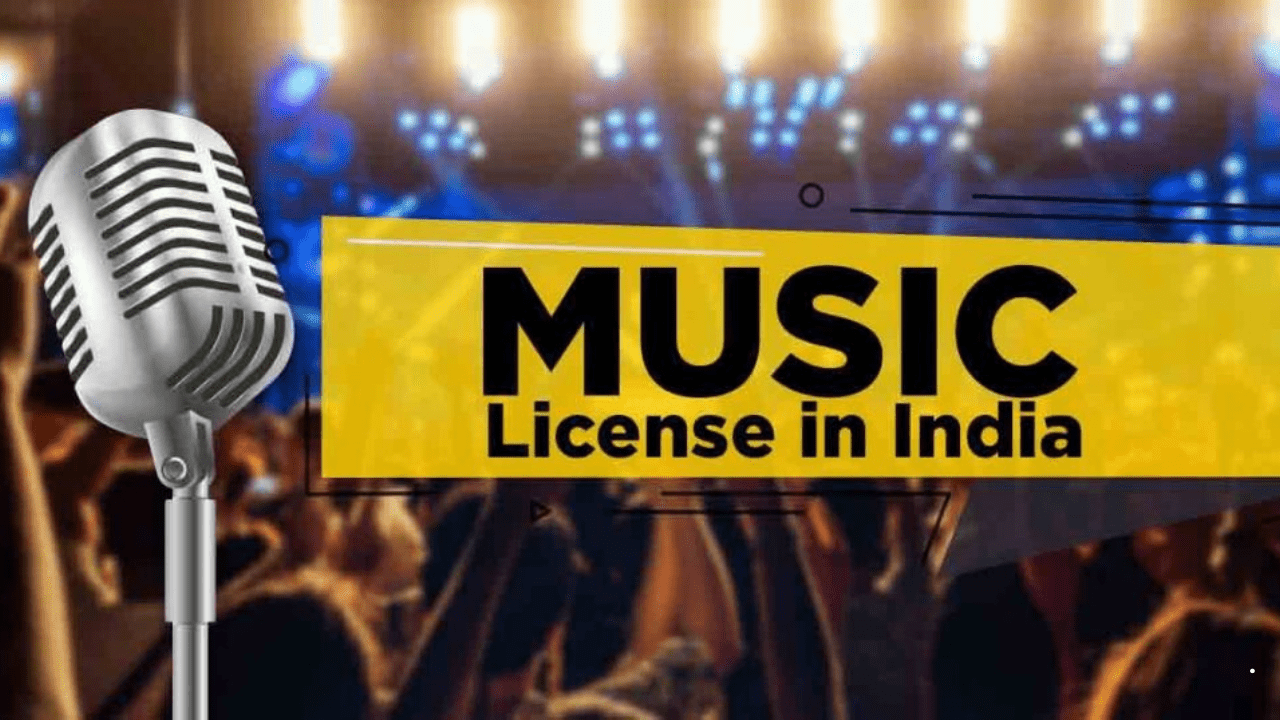Music licensing is a crucial aspect of the music industry in India. It is the legal framework that ensures creators and businesses work together harmoniously. If you want to use music for commercial purposes in India, you must get the right license. This protects the rights of music creators and helps you avoid legal complications.
What Is a Music License?
A music license grants permission to use someone else’s music legally. It covers various rights, including public performance, broadcasting, and synchronization. Without a valid license, using copyrighted music can result in fines or lawsuits. Whether you’re an artist, a producer, or a business owner, understanding music licensing is essential to comply with the law.
Why Is a Music License Important in India?
The Indian music industry has grown significantly, making music licensing a priority for businesses. Proper licensing ensures fair compensation for artists and creators. It also maintains a legal framework for using music in films, advertisements, events, and streaming platforms. For businesses, having the right license builds credibility and avoids penalties.
Types of Music Licenses in India
- Public Performance License:
This license is required for playing music in public spaces, such as restaurants, malls, or events. It is essential for ensuring that the music used commercially benefits the creator. - Synchronization License:
This is needed when music is used alongside visual media like films, TV shows, or online videos. - Mechanical License:
This license covers the reproduction of music, such as in CDs or digital downloads. - Broadcast License:
Television and radio stations need this license to legally broadcast music. - Streaming License:
Digital platforms like Spotify and Apple Music require this license to stream music legally.
How to Obtain a Music License in India
The process of obtaining a music license involves a few steps:
- Identify Your Needs:
Determine the type of music license you require based on your intended use. - Contact Licensing Agencies:
In India, organizations like the Indian Performing Right Society (IPRS) or Phonographic Performance Limited (PPL) issue licenses. - Submit Required Documents:
Provide the necessary information about your business or project, including the type of music you intend to use. - Pay the Fees:
Licensing fees vary depending on the type and extent of music usage. - Receive Your License:
Once approved, you’ll receive the license, allowing you to use the music legally.
Common Challenges in Music Licensing
- Complex Legal Processes:
Navigating the legal system can be daunting, especially for new businesses. - High Costs:
Licensing fees can be expensive, particularly for large-scale projects. - Lack of Awareness:
Many businesses remain unaware of the licensing requirements and face legal issues as a result.
Benefits of Proper Music Licensing
- Legal Protection:
Avoid lawsuits and fines by adhering to copyright laws. - Fair Compensation:
Ensure artists and creators are paid for their work. - Enhanced Reputation:
Operating within the law boosts your brand’s credibility.
Impact of Technology on Music Licensing
The rise of digital platforms has revolutionized the music licensing landscape in India. Streaming services and social media have created new opportunities for music distribution and monetization. However, they also bring challenges, such as piracy and ensuring fair royalties for artists.
How Businesses Can Adapt
- Stay Informed:
Keep up-to-date with changes in licensing laws and industry practices. - Use Licensed Music:
Always verify the licensing status before using any music. - Partner with Licensing Agencies:
Collaborate with organizations like IPRS or PPL to ensure compliance.
Future of Music Licensing in India
The Indian music industry is poised for significant growth. As more businesses and creators embrace digital platforms, the demand for streamlined licensing processes will increase. Innovations like blockchain technology could offer transparent and efficient ways to manage music rights.
Final Thoughts
Music licensing in India is not just about compliance; it’s about fostering a culture of respect for creators. By understanding and adhering to licensing laws, businesses and individuals contribute to a thriving music industry. Whether you’re an artist, a producer, or a business owner, getting a music license is a step towards ethical and legal success.
For further reading, explore these related articles:
- Mo Joshi Azadi Records: Redefining Independent Music in India
- Epidemic Music: Understanding Its Evolution and Impact
For additional resources on music marketing and distribution, visit DMT Records Private Limited.






